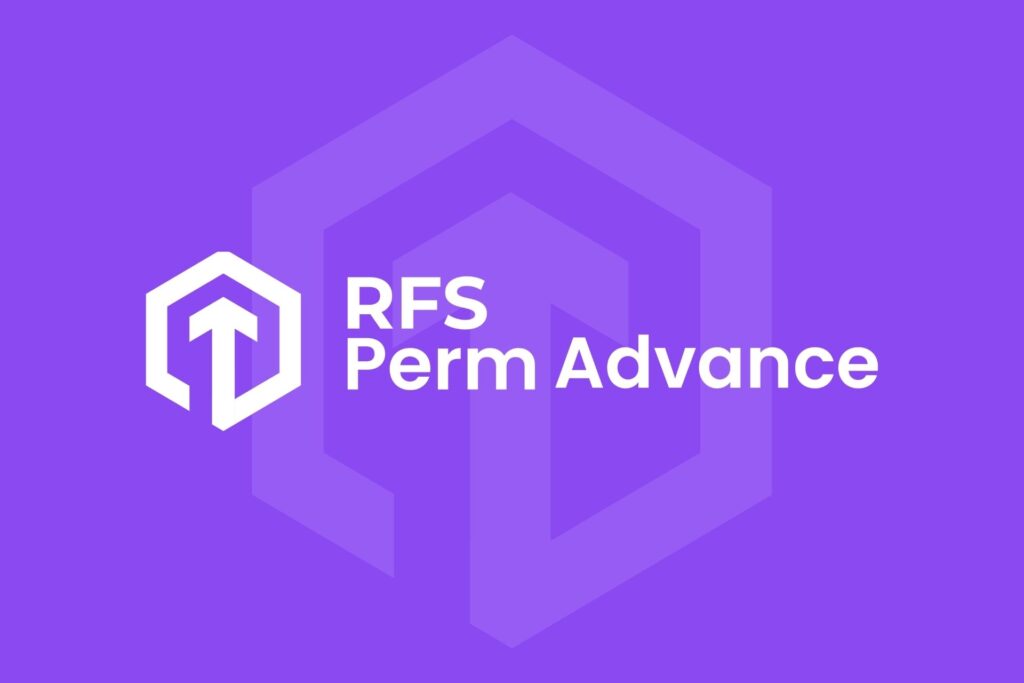Starting a recruitment agency can be an exciting and rewarding venture, but it requires careful planning and execution.
Before launching your agency, it is crucial to conduct thorough market research to ensure that your business is viable and that there is a demand for your services.
In this blog post, we will discuss the importance of conducting market research and provide some tips on how to effectively analyse the recruitment industry, identify your target market, and assess demand for recruitment services.
In this article:
Study the recruitment industry and market trends
To effectively start and run a recruitment agency, it’s important to have a good understanding of the recruitment industry and the latest market trends. This includes understanding the latest technological advancements, changes in recruitment models, and any regulatory changes. It’s also essential to keep an eye on industry reports and forecasts to identify potential opportunities or challenges for your business.
To conduct research, attend industry events, join professional associations, and network with other recruiters in your niche. Reading relevant publications and blogs, as well as following industry influencers on social media, can also help you stay up-to-date.

Identify your target market and segment them
Identifying your target market is critical to developing a successful recruitment agency. To do this, you need to determine the industries, locations, company sizes, and job positions that align with your expertise and interests. Once you have identified your target market, it’s important to segment them further to tailor your services to their specific recruitment needs.
For example, if you decide to focus on the IT industry, you may want to segment your target market further into sub-niches such as cybersecurity, software development, or artificial intelligence. This will enable you to tailor your recruitment services and marketing efforts to specific clients and attract their attention.

Analyse your competition and find ways to differentiate your services
Analysing your competition can provide valuable insights into how to differentiate your services and stand out in a crowded market. Start by researching other recruitment agencies in your target market, including their strengths and weaknesses, pricing models, and target markets.
Look for gaps in the market where you can offer something unique and valuable. Perhaps there is a lack of recruitment agencies specialising in a particular industry or type of job position. Alternatively, you may be able to differentiate your services by offering a more personalised approach or a wider range of services.

Identify potential clients and understand their recruitment needs
Identifying potential clients and understanding their recruitment needs is essential to developing a successful recruitment agency. Start by researching companies in your target market and identifying those that are most likely to require recruitment services.
Once you have identified potential clients, take the time to understand their recruitment needs, including the types of job positions they need to fill, their recruitment processes, and their expectations for recruitment agencies. This will enable you to tailor your services and marketing messages to their specific needs and improve your chances of winning their business. Consider your existing industry connections and how you can leverage these relationships to build your client base.

Assess the demand for recruitment services in your target market
Assessing the demand for recruitment services in your target market is essential to understanding the potential size of your market and the revenue potential for your business. Research the recruitment needs of companies in your target market and analyse industry reports to identify trends in recruitment demand.
Consider the level of competition in your target market and the pricing strategies of other recruitment agencies. This will enable you to develop a pricing model that is competitive but also allows you to achieve your revenue goals.

How can RFS support your recruitment business in succeeding?
Whilst comprehensive market research will provide you with a solid foundation for starting your own recruitment agency, there are other hurdles to consider to make sure you’re your business can flourish. One such difficulty that many new agencies face is managing cash flow.
Recruitment Funding Solutions (RFS) can support start-ups with our RFS Protect funding. This funding option provides start-ups with cash flow support in the event of a debtor default, enabling them to focus on growing their business without worrying about the financial impact of unpaid invoices. This funding option is particularly useful for start-ups in the recruitment industry, as it can help protect against the risk of clients failing to pay for recruitment services, which can be detrimental in the early days of trading.
With RFS Protect funding, start-ups can focus on developing their business and delivering high-quality recruitment services, knowing that they have financial support if they need it.
Conclusion
As we’ve established, starting a recruitment agency requires careful planning and execution. However, by conducting thorough market research, identifying your target market, analysing your competition, understanding potential clients’ recruitment needs, and assessing the demand for recruitment services, you can develop a solid foundation for your recruitment agency.
Through this research, you can develop a unique value proposition, tailor your services to your target market’s specific needs, and differentiate your agency from competitors in the market. Taking the time to conduct market research will enable you to make informed decisions, set realistic goals, and develop a roadmap for the future of your recruitment agency. With the right research, planning, and execution, you can set yourself up for success in the recruitment industry. And, with RFS Protect funding, you can have peace of mind knowing that you have financial support available to you in the event of debtor defaults.








